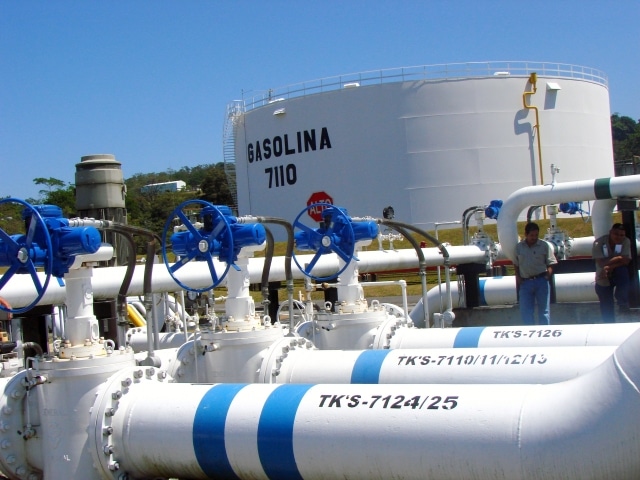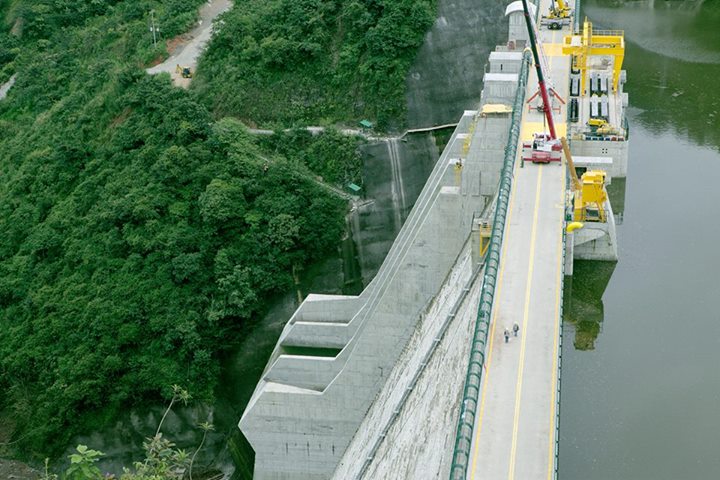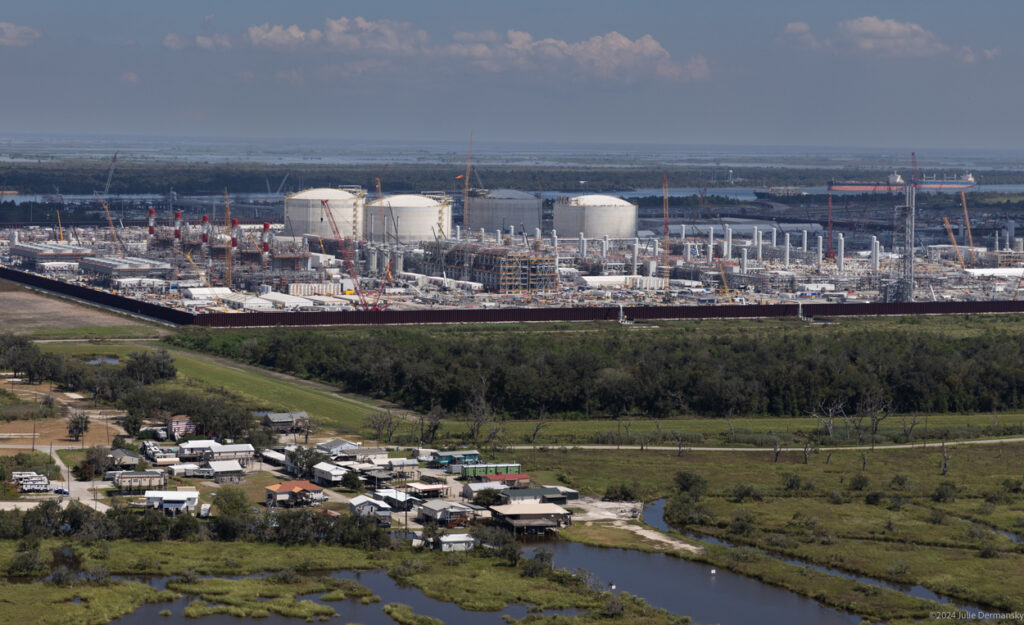This is a guest post by Diego Arguedas Ortiz.
Costa Rica’s plan to build a $1.5 billion oil refinery, a joint venture with China’s state-owned petroleum company China National Petroleum Corporation, continues to cast doubt on the country’s path toward a low-carbon future and the feasibility of its self-imposed goal of being carbon neutral by 2021.
The project — sold to the public as a mechanism to lower oil costs in the Central American republic — is financed by a $900-million loan to Costa Rica from the China Development Bank and another $600 million provided by both countries.
The project has sparked a heated national debate on energy policies, the congruency of the nation’s environmental discourse and the thoroughness of its own feasibility study.
One of the most pressing issues is whether the refinery would have a negative impact on the national commitment to reduce greenhouse gas (GHG) emissions to reach carbon neutrality by 2021, a promise made during the COP15 UN climate summit in 2009, just a year after signing the refinery agreement with China.
Unlike many developing countries, Costa Rica doesn’t rely on fossil fuels for powering houses and factories. Harnessing its solar, wind, hydro and geothermal potential, the country manages to produce about 97 per cent of its electricity from renewable sources.
However, the country’s cars, buses and trucks still rely heavily on oil.
The vast majority of the refinery’s proposed capacity of 60,000 barrels a day would feed the oil-hungry transportation sector, which accounts for a third of the country’s greenhouse gas emissions.
No one seems certain whether the refinery would increase emissions by itself or not. The state oil refining company, Refinadora Costarricense de Petróleo (Recope), said in an e-mail statement that “definite emissions calculations can’t be had before the engineering details of the project.”
Costa Rica’s third national communication to the UNFCCC dubs transportation “the biggest challenge the country faces in the energy sector.” And while it struggles to reduce its emissions, there are concerns this investment would perpetuate the current fossil-fuel dependent transportation system.
“How can a country that has set a goal to decarbonize our development pathway have any credibility when it insists on borrowing millions for the sake of fossil fuels?” asked Monica Araya, a Yale economist and former negotiator for Costa Rica at the climate talks, in a 2013 open letter addressed to the then-minister René Castro.
Costa Rica draws around 66 per cent of its electricity from hydroelectric plants, like this one in Pirrís. Credit: Instituto Costarricense de Electricidad.
Shortly after Araya commented on the refinery during a radio show, she was asked to step aside from the negotiating team.
The refinery’s progress was stalled in June 2013, when the office of the comptroller general deemed the key feasibility study useless, since it was conducted by a subsidiary of the Chinese partner China National Petroleum Corporation, thus creating a conflict of interest.
But while technically halted by this, the project is still supported by the Costa Rican government, and Recope is exploring avenues to bring it back to life.
Both China and Costa Rica have already contributed $50 million each to the project, more than 60 percent of which is gone after several years of operational expenses, engineering drafts and studies.
The project itself would entail a massive investment for Costa Rica, with the $1.5 billion accounting for almost three percent of the country’s 2014 GDP.
If it is ever built, the refinery would tie for the title of the single most expensive infrastructure project in this nation of 4.7 million people, matching the hydroelectric power plant on the Reventazón River, the largest in Central America, which cost $1.4 billion dollars and will become operational in 2016.
A planned metropolitan rapid railway system, which could reduce emissions and lower citizens’ reliance on their vehicles, was announced in mid-July — and would also require a $1.4 billion investment.
“For the government, both projects are important and each has its own construction pathway”, explained Costa Rican Minister of the Presidency, Sergio Alfaro, referring to the refinery and the railway system. “We expect both to make its progress at a steady pace, because it’s not realistic to completely exempt ourselves of hydrocarbons in the upcoming years.”
Recope’s authorities now say the refinery will incorporate bio fuels, since one of the company’s aims was making oil used in the country cleaner. The state-owned refining company also aims to pay for another feasibility study out of its own pocket.
Image credit: Recope. The state oil refining company Refinadora Costarricense de Petróleo (Recope) now buys all its fuel already refined from US companies.
Subscribe to our newsletter
Stay up to date with DeSmog news and alerts








